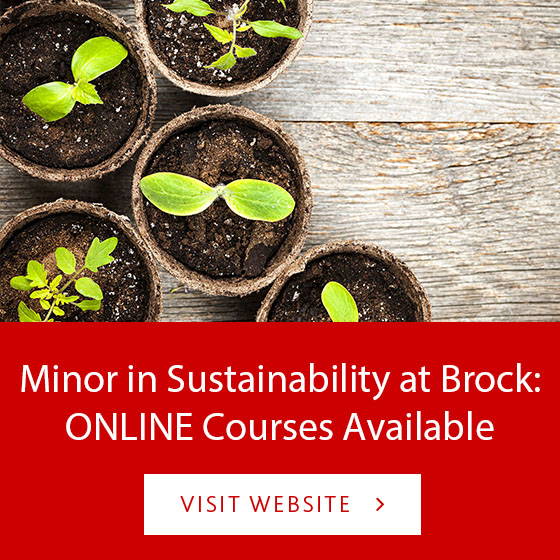Blog Contributor: Bridget McGlynn

Sustainability science has three defining characteristics: it recognizes the interconnectedness of human and ecological systems, it asks solution-oriented questions, and uses a transdisciplinary approach. In reflecting on my research, I must say it is an absolute joy and a privilege to be a master’s student in a research centre that emphasis all three components of sustainability science, as it has allowed me to directly engage with all aspects for my thesis research.
I am a student in the Advancing Environmental Stewardship research group working under the supervision of Dr. Ryan Plummer and Dr. Julia Baird and my thesis research is embedded in the Partnership for Freshwater Resilience to address climate change resilience and governance in the St. John River watershed in New Brunswick. My portion of the project is investigating the current collaborative governance arrangement at two geographic scales with the goal of forwarding system understanding and flood governance in the region. Since I began working within this research project, the entire process has been transdisciplinary. From Brock researchers attending flooding resilience and climate workshops in the St John River watershed to our WWF partners joining the discussion for my proposal presentation, joint goals have been prioritized.
As a master’s student preparing a thesis, there is an expectation my research will address a gap in the academic literature, and this gap provides the academic rationale and guides the research questions for the project. During my proposal presentation, I was asked to describe the tangible and practical contributions of my project. My response to this question was based within my perspective that after months of literature review and proposal writing has been heavily fixated on that research gap. While I spoke to the tangible outcomes and value of the proposed data collection, I only articulated a fraction of the value of the project. Following my response, our WWF partners elaborated and described how the entire research process, not only the end data collected or workshop, is providing great value to their colleagues. Simon Mitchell’s description of why this project is important on various levels reaffirmed the usefulness and importance of good sustainability science. Having the opportunity to participate in transdisciplinary research projects as a student is an invaluable experience that has already provided many lessons and I imagine will provide many more before I finish.
